Uncrewed submarines loaded with ‘multi-domain’ drones could offer a new dimension for hunting for enemy naval forces and mines, and more.
Get the latest international news and world events from around the world.

Tesla signs deal with 2nd gas station operator to sell its Supercharger directly
Tesla has signed a deal with the EG Group, a massive gas station and convenience store operator, to sell its Supercharger hardware to be deployed as an EG-branded product.
It’s the second of such deals that Tesla has made in just a few weeks.
Last month, Tesla surprised many when it announced it reached a deal with BP to sell them $100 million worth of Supercharger hardware to be deployed at BP gas stations across the US under the BP brand.
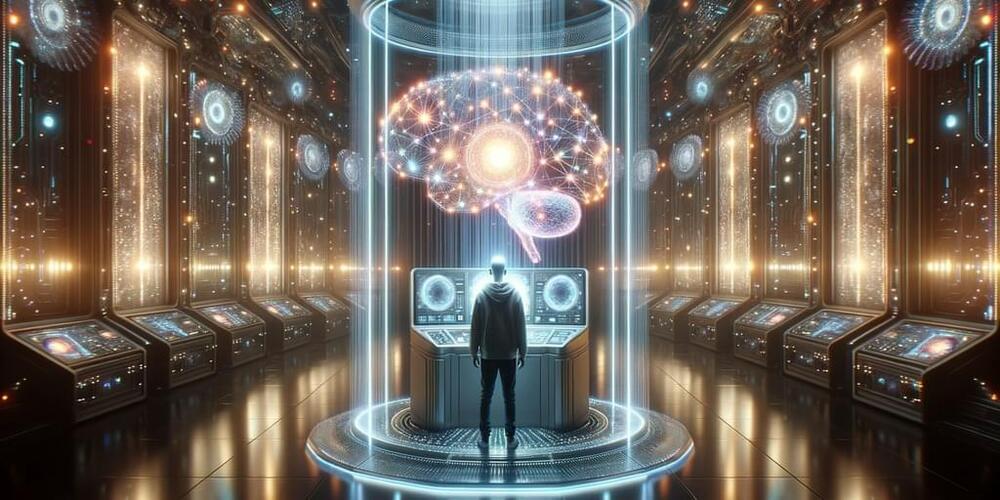
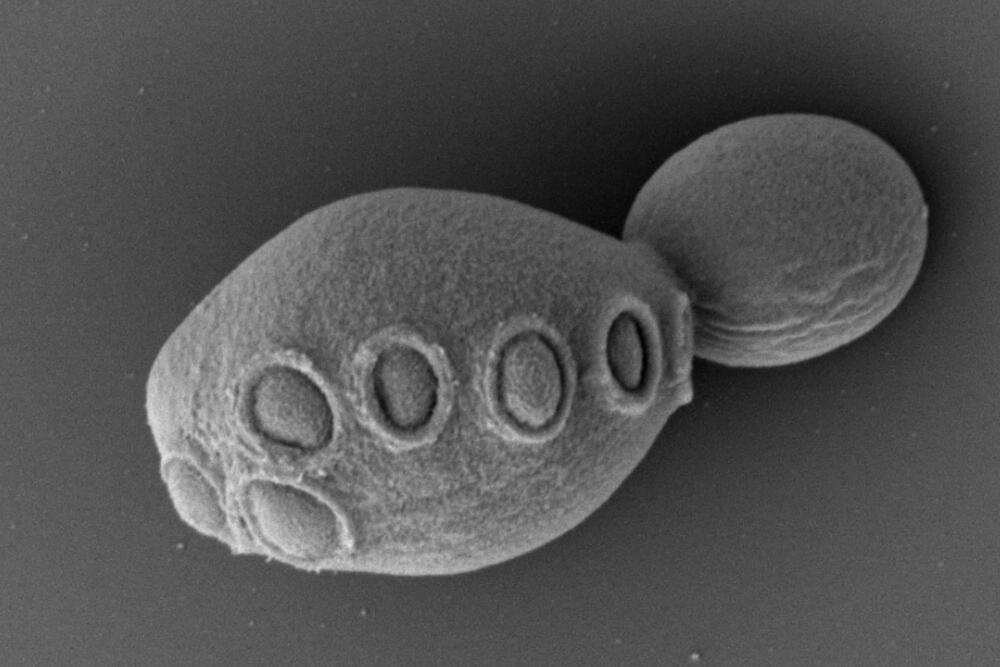
Scientists just created chromosomes from scratch—“Huge”
In a milestone achievement, a whole chromosome has been created from scratch by scientists for the first time ever.
The tRNA Neochromosome is a man-made chromosome of the common baker’s yeast Saccharomyces cerevisiae. It may soon allow for the creation of synthetic and superior yeast cells, according to a collection of new papers in the scientific journals Cell and Cell Genomics.
This discovery is the newest in an international project called Sc2.0, which has also synthesized all 16 of the yeast’s chromosomes with an aim to combine them into a functional cell that might help make yeast faster, more resilient and more productive.
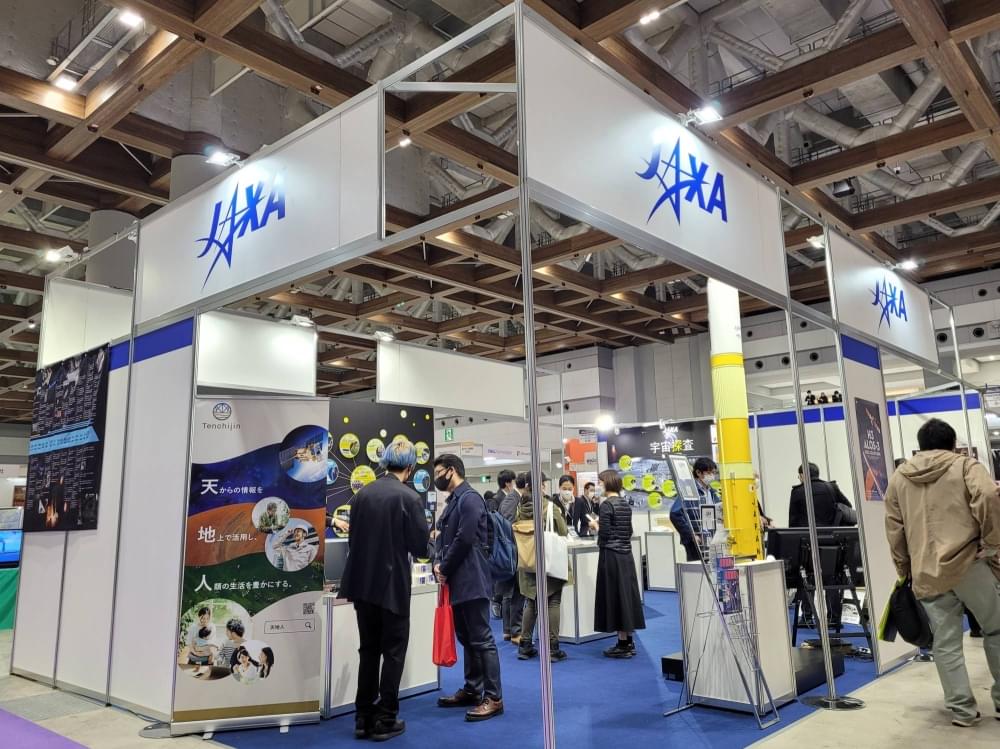
Japan to create ¥1 trillion fund to develop outer space industry
The government plans to establish a new ¥1 trillion ($6.6 billion) fund in a bid to develop the country’s outer space industry, as starry-eyed officials push to enhance Japan’s capabilities.
The ¥1 trillion fund will be allocated over a 10-year period for the Japan Aerospace Exploration Agency (JAXA), an Education, Culture, Sports, Science and Technology Ministry spokesperson said. Some ¥300 billion has been set aside for the fund in the latest supplementary budget approved by the Cabinet on Friday.
“We believe it is a necessary fund to speed up our country’s space development so we don’t lag behind the increasingly intensifying international competition,” Sanae Takaichi, minister in charge of space development, said in a news conference last week.

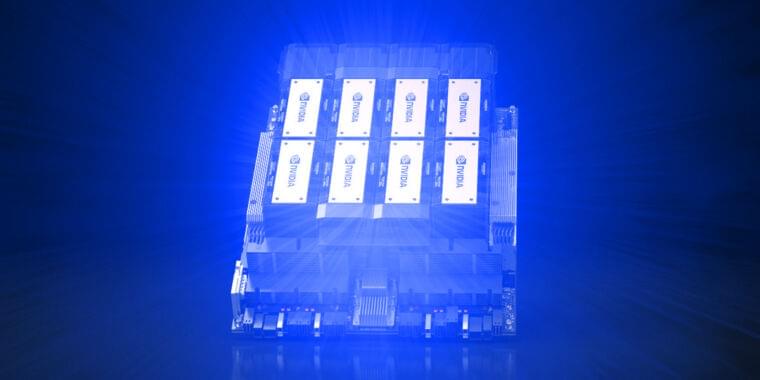
Nvidia introduces the H200, an AI-crunching monster GPU that may speed up ChatGPT
On Monday, Nvidia announced the HGX H200 Tensor Core GPU, which utilizes the Hopper architecture to accelerate AI applications. It’s a follow-up of the H100 GPU, released last year and previously Nvidia’s most powerful AI GPU chip. If widely deployed, it could lead to far more powerful AI models—and faster response times for existing ones like ChatGPT—in the near future.
According to experts, lack of computing power (often called “compute”) has been a major bottleneck of AI progress this past year, hindering deployments of existing AI models and slowing the development of new ones. Shortages of powerful GPUs that accelerate AI models are largely to blame. One way to alleviate the compute bottleneck is to make more chips, but you can also make AI chips more powerful. That second approach may make the H200 an attractive product for cloud providers.

Popular AI platform introduces rewards system to encourage deepfakes of real people
The “bounties” feature has mostly been used to recreate women (big surprise.)
Civitai, an online marketplace for sharing AI models, just introduced a new feature called “bounties” to encourage its community to develop passable deepfakes of real people, as originally reported by 404 Media.
Popular AI platform Civitai just launched a feature called ‘bounties’ that encourages the community to create passable deepfakes upon request. The best one gets some fake money.
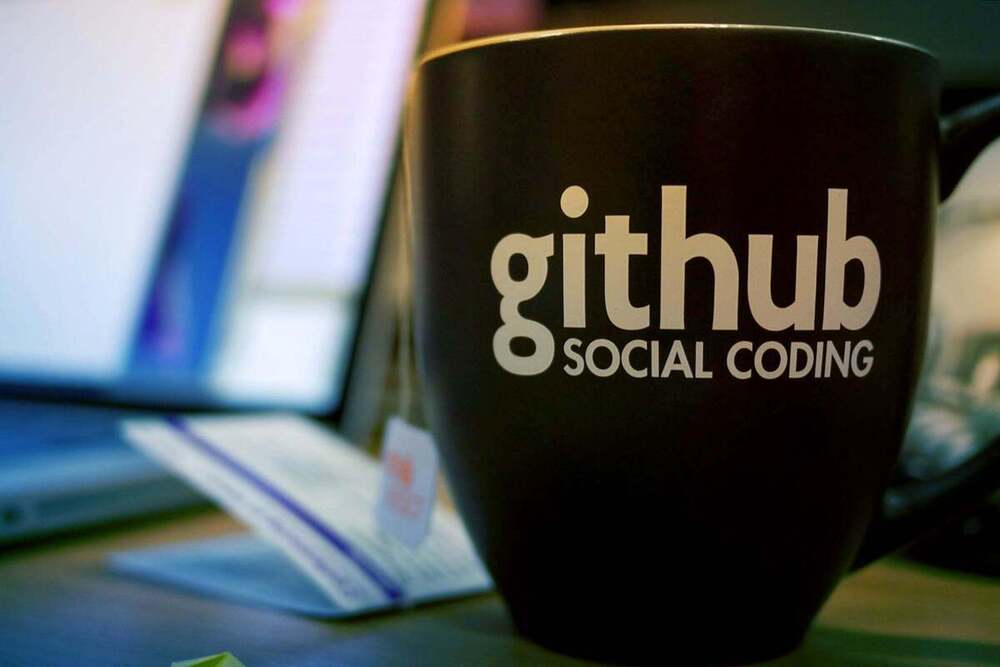
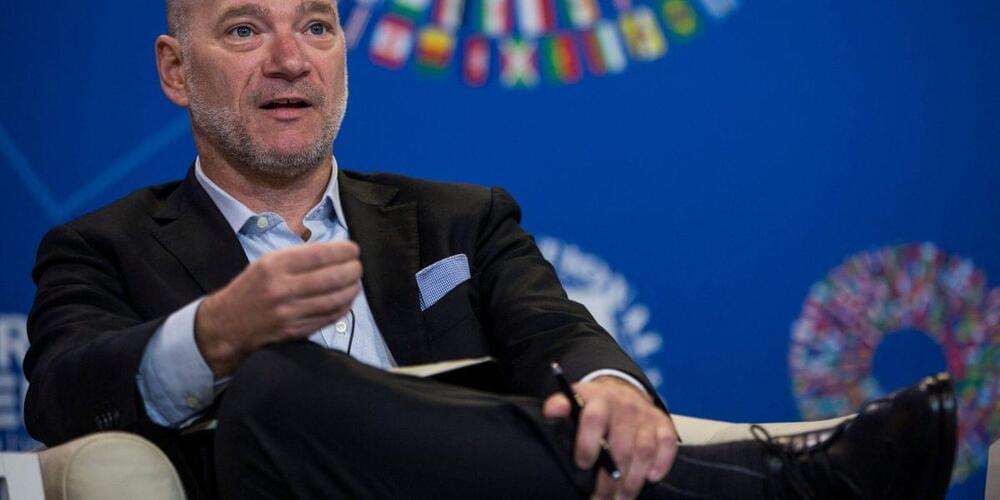
AI is going to ‘turbocharge winners’ faster than anyone is expecting, predicts an MIT research scientist
Risk is certainly an area of concern for CFOs when it comes to implementing generative AI.
However, Andrew McAfee, a principal research scientist at MIT, has a message for CFOs regarding the technology: “Risk tolerance needs to shift,” McAfee said.
“The risks are real, but they are manageable,” Andrew McAfee told a group of CFOs.